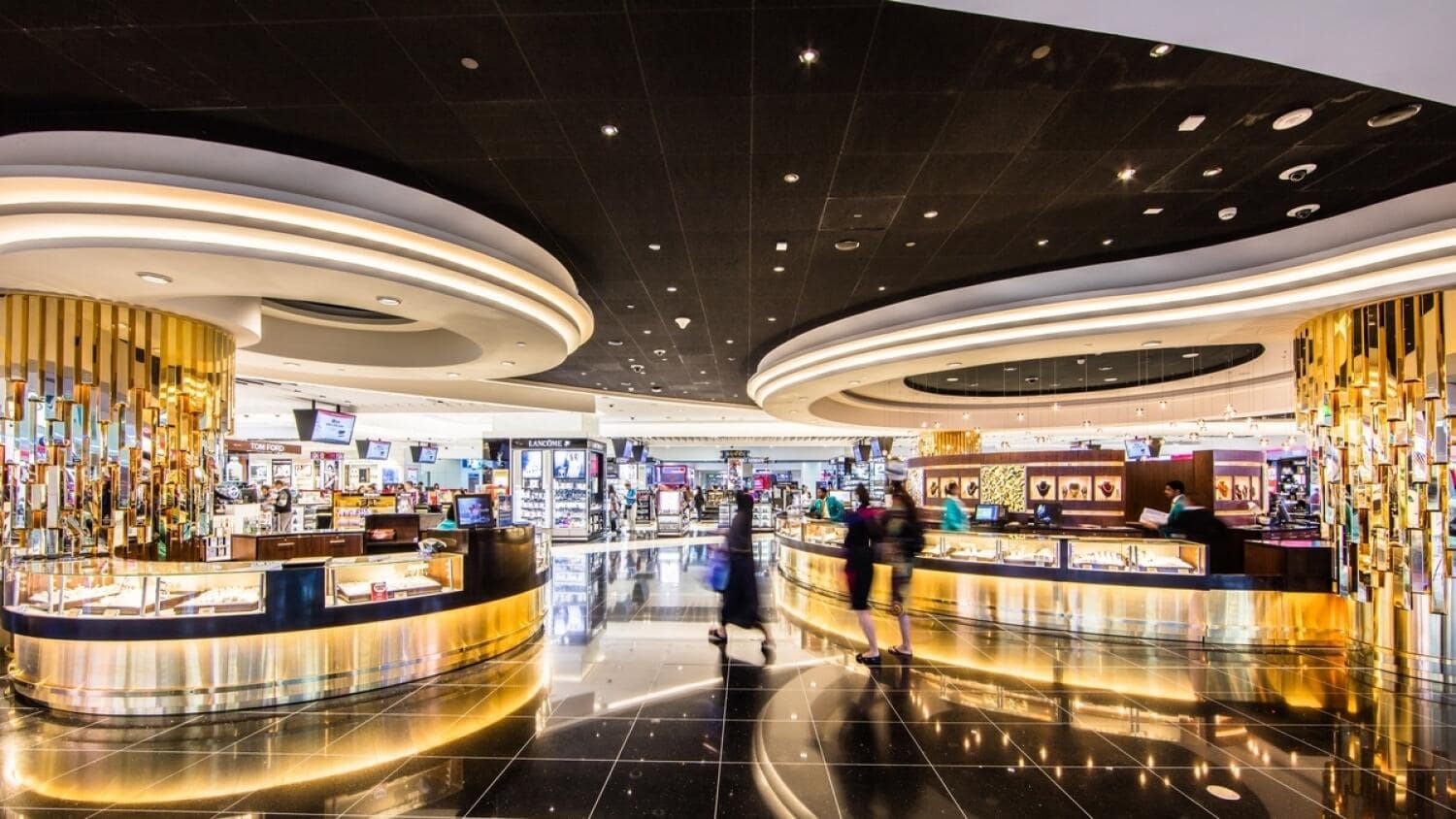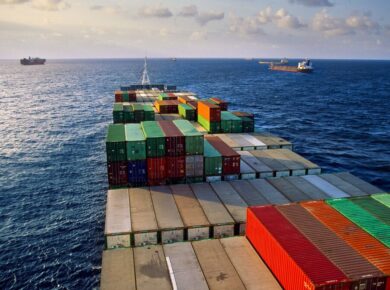UAE duty-free sales are expected to be propelled by India, China, and the UK.
Over the next four years, the United Arab Emirates (UAE) duty-free sales are expected to experience significant growth, largely driven by travelers from India, China, and the United Kingdom. A recent report by research firm Technavio projects that the UAE duty-free market will expand by $2.17 billion during the 2022-2026 period, growing at a compound annual growth rate (CAGR) of almost 7%.
The UAE’s duty-free market has long been a popular destination for travelers looking to purchase luxury items such as cosmetics, fragrances, electronics, and alcoholic beverages at discounted prices. The country’s strategic location as a global travel hub, coupled with its favorable tax policies, has made it a preferred shopping destination for tourists and business travelers alike.
India is expected to emerge as the largest market for duty-free sales in the UAE, with the sector growing at a CAGR of nearly 9% during the forecast period. The report highlights the growing middle class in India, along with rising disposable incomes and the desire to travel abroad, as the key drivers of this growth. In addition, the report suggests that the increasing popularity of e-commerce channels and the rise of omnichannel retailing in the country are also contributing to the growth of the duty-free market in the UAE.
China, the world’s largest outbound travel market, is also expected to contribute significantly to the surge in duty-free sales in the UAE. The report estimates that the sector will grow at a CAGR of over 7% during the forecast period, as Chinese travelers are known for their affinity towards luxury goods. The report also notes that the UAE’s favorable tax policies and the country’s reputation as a global travel hub are likely to make it an attractive shopping destination for Chinese tourists.
The UK is another key market for the UAE’s duty-free sales, with the report estimating a CAGR of nearly 6% during the forecast period. This growth is largely due to the strong cultural and economic ties between the UAE and the UK, as well as the growing demand for premium products among British travelers. The report also highlights the impact of Brexit, noting that the UK’s exit from the European Union could result in an increase in duty-free allowances for UK travelers.
While the report suggests that the COVID-19 pandemic has had a significant impact on the travel industry and the global economy, it also notes that the UAE’s duty-free market is likely to recover quickly. The report highlights the resilience of the UAE’s tourism industry and the country’s ability to adapt to changing circumstances as key factors contributing to this recovery.
The report also notes that the pandemic has accelerated the shift towards online sales in the UAE, with duty-free retailers increasingly adopting digital platforms to cater to changing consumer behavior. In addition, the report highlights the UAE’s ongoing commitment to investment in innovative technologies and infrastructure, which has helped fuel the growth of the travel sector. Finally, the report suggests that a combination of factors such as government policies, improved accessibility and convenience, as well as changing consumer demands will help drive further growth in this market over the next decade. Overall, the UAE’s travel and tourism industry is well-positioned to capitalize on these changes and provide benefits for both businesses and tourists in the years to come.
Overall, the projections indicate a bright future for the UAE duty-free market, with increasing demand from key markets and the adoption of new retail technologies contributing to its growth. The report suggests that duty-free retailers in the UAE will need to focus on creating a seamless shopping experience across both physical and digital channels, as well as offering a wider range of products and personalized services to meet the evolving needs of today’s consumers.





